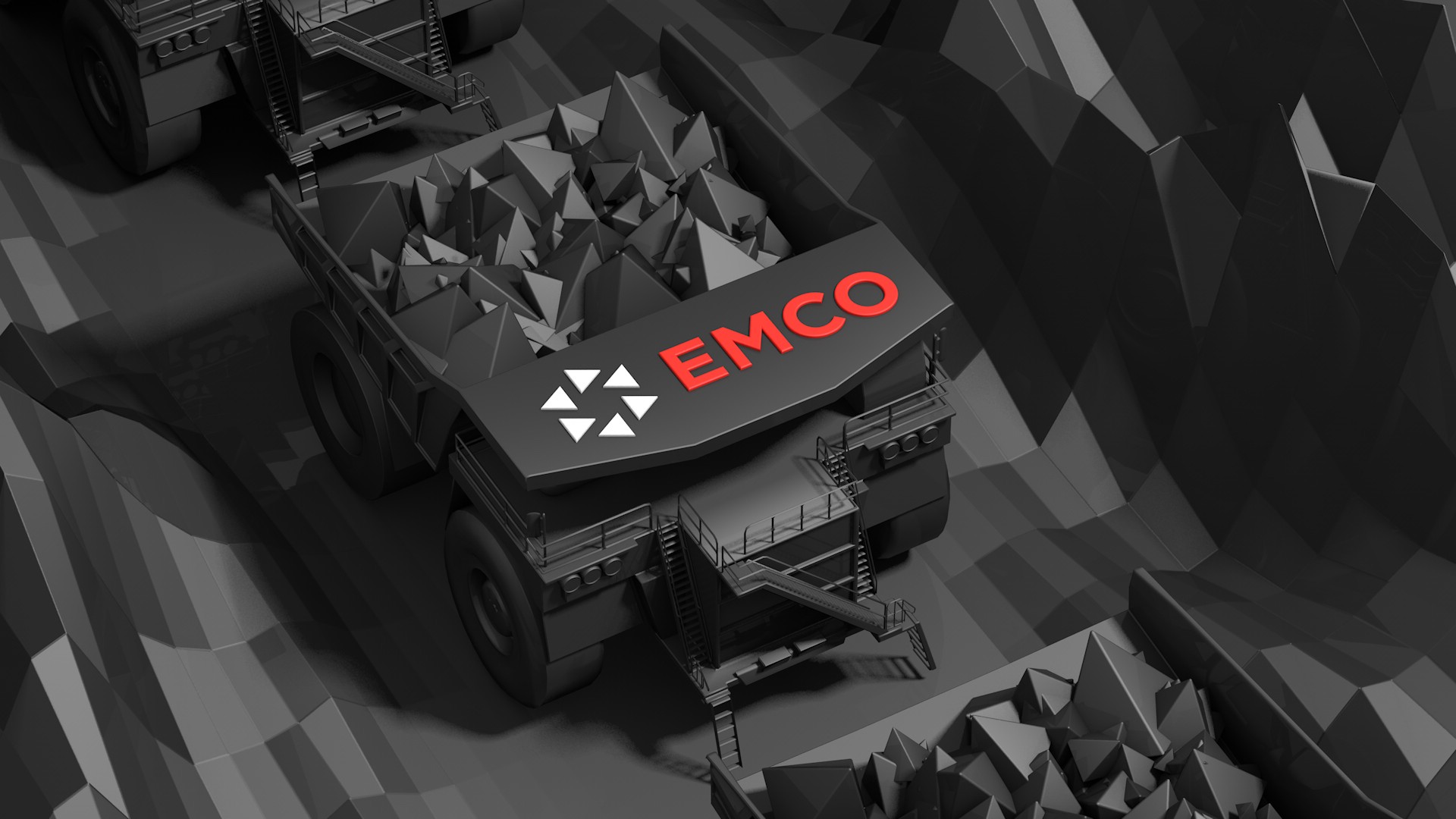Why Rewriting Python in Go Can Boost Speed, Concurrency & Efficiency

Rewriting Python projects in Go can greatly enhance performance, concurrency, and deployment efficiency, particularly for high-load or cloud-native systems. Go offers fast execution, built-in concurrency, static typing, and simpler deployment. However, migration may not suit projects reliant on specific Python libraries or teams lacking Go expertise. Consider strategic goals before switching.
Python for Fintech

Python is transforming FinTech by powering everything from algorithmic trading to fraud detection. Its readable syntax, rich libraries, and scalability make it ideal for startups and major firms alike. Companies like PayPal, Stripe, and J.P. Morgan use it for automation, data modeling, and app development. Python’s adaptability and strong community support cement its role in shaping FinTech's future.
Python in the Healthcare Industry

Python is revolutionizing healthcare through AI, machine learning, and big data analysis. Its simplicity and rich libraries enable rapid development of predictive diagnostics, bioinformatics tools, and medical imaging solutions. From hospitals to biotech firms, Python enhances patient care, operational efficiency, and innovation. Its role is expected to grow as healthcare tech evolves.
How to Optimize Python for High-Load Services

Optimizing Python for high-load services can achieve performance comparable to Go, as shown in a project handling 100,000 requests per second. Using tools like Granian and strategies such as caching and load testing, Python maintained scalability and cost efficiency, allowing the client to stay within their existing stack while avoiding more expensive languages like Go or Rust.
Go vs Python in 2024: What to Choose?

Python excels in rapid prototyping, data analysis, and ease of use, while Go offers speed, scalability, and performance for high-load systems. Python dominates in popularity and demand, but Go's efficiency makes it ideal for microservices and heavy-load projects. Choose based on project needs: Python for flexibility, Go for performance and concurrency.
Best Programming Languages to Build an E-Commerce Website

Choosing the right programming language is key to building successful e-commerce websites, balancing factors like scalability, security, ease of use, and performance. Popular choices include JavaScript for dynamic UIs, Python for backend flexibility, PHP for cost-effective solutions, Ruby for startups, and Java for robust scalability. Languages like C# and Go excel in high-security and modern infrastructure needs. Tailoring the choice to project size, budget, team expertise, and future goals ensures a secure, efficient, and scalable platform.
What makes hiring remote Python developers a good choice for your project?

Hiring remote Python developers offers flexibility, cost savings, and access to skilled teams for diverse projects like AI, web apps, and big data. Python's ease of use, robust libraries, and high productivity make it ideal for commercial projects. Outsourcing to experts like Evrone ensures a streamlined process, quality results, and a dedicated team tailored to your needs, avoiding the high costs of in-house hiring.
Developing a High-Load Event Processing Service for a Major Client

Evrone developed a high-load data processing system for SberMarketing, capable of handling 100,000 requests per second. Designed in Python with Granian for speed, the service standardizes, enriches, and stores event data before transferring it to long-term storage. Testing showed Python+Granian matched Go's performance, and a Tarantool-based Data Lake ensured data reliability. The client now has a scalable, maintainable solution.
What is Python Programming Language Used for?

In our digital world, software engineers play a pivotal role in developing the tools that simplify our lives. Python has emerged as a leading programming language, renowned for its simplicity, versatility, and effectiveness. Used in various fields such as web development, AI, data analytics, and scientific computing, Python's clear syntax and extensive libraries make it a top choice. Evrone specializes in tailored Python solutions, catering to diverse project needs across different industries, ensuring efficiency and effectiveness in software development.
Helping a mining company optimize logistics

East Mining Company, a major coal producer, faced inefficiencies in route planning due to outdated software. Evrone was tasked with developing a new routing system to optimize truck movements in their vast open-pit mines. Over three months, Evrone built a user-friendly interface allowing operators to visualize truck movements, edit roads, and manage routes efficiently. Using open-source libraries, they developed a frontend with map editing capabilities and a backend for data processing. DevOps ensured seamless deployment. The result: a robust system enabling daily monitoring and optimization of road networks, saving time and resources for East Mining. Future plans include automation and integration with their IoT platform.